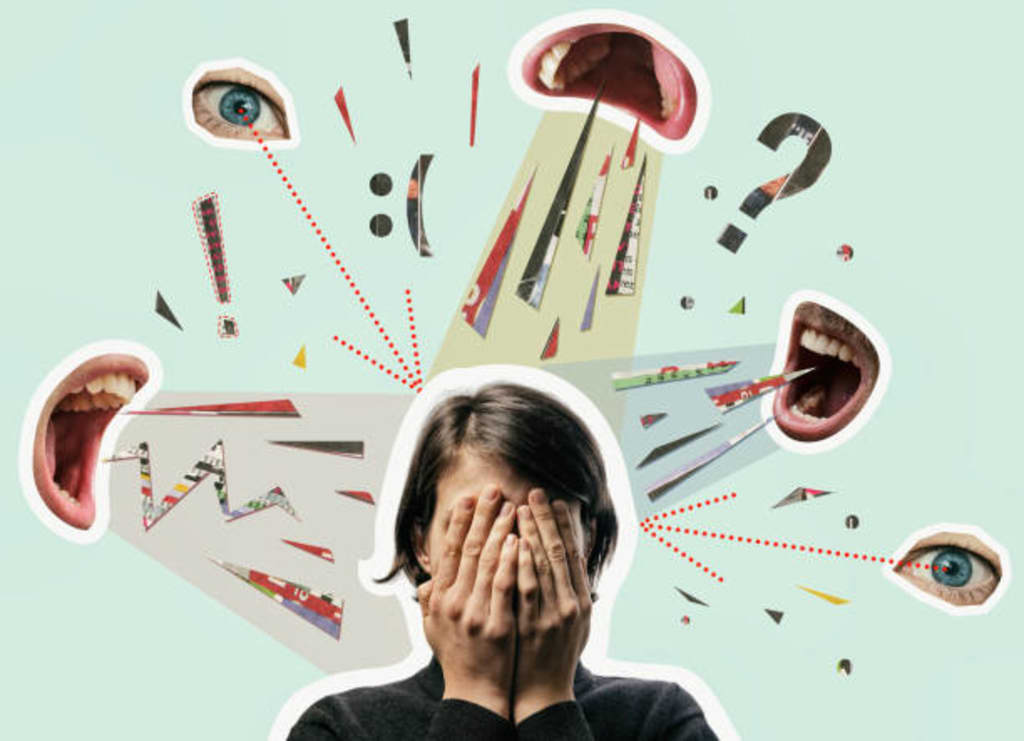Humans will faint, but animals will not: in order to dominate the earth, humans have become the most cowardly cowards
Humans have become the most timid cowards

Are you dizzy? Are you stunned? Have you ever fainted from something? When you ask animals the same question, the answers you get are almost always "never". Animals are frightened at most, but not fainted.
When a scary picture suddenly appears in a horror movie or encounters danger, our blood pressure will soar, blood will flow to the brain, and the brain will mobilize the body, so that when we discover the danger, our firepower is on full blast, and our alertness and alertness reach the highest state of the body. , show amazing potential, and so do animals.
For example: some animals are very flustered when they are in danger, but they will instinctively fry their hair, bow their bodies on tiptoes, and make themselves look not at all cowardly. However, in extreme fear, humans can pass out from fright, or become unconscious when something stimulates them.
fainting mechanism
Neither animals nor humans can stay on fire for long because high blood pressure can cause a tube to burst. After high pressure, the body sometimes "overcompensates" in blood pressure, just like after a big rise, there must be a greater decline to welcome leeks.
Overcompensation can drop blood pressure to lower than usual levels and supply less blood to the brain than usual. In spooky movie scenes where the voltage is disturbed by the magnetic field of "something", the lightbulb is always flickering. Like blood pressure and voltage, the brain will also have intermittent strikes due to unstable blood supply, making people lose consciousness and control, and cause people to faint.
Although animals often fall, it is mainly a muscle problem.” Humans are the only animals that are scared to lose consciousness, and truly “I faint”, not just “I fell.”
Why are we so timid?
The most shining features of human beings are: walking upright and huge brain capacity, and fainting comes from the combination of these two features.
To walk upright, legs must be thick
The evolution of upright walking has put the human brain above the heart, which needs to overcome gravity to pump blood to the brain. At the same time, walking upright makes the original limb support evolve into double leg support, and it is necessary to ensure that the running is fast enough (and not eaten by beasts), so the proportion of human legs is thicker and more developed than other animals, covered with a large number of Blood vessels distribute a large amount of blood in the body.
If you only bleed the thigh, you will also die of ischemia, because the blood in the thigh is not exclusive to the thigh and needs to be circulated throughout the body. The legs are farther from the heart, and they need to overcome more gravity and travel more distance when they return.
All in all, the amount below is difficult to collect, and uploading takes a lot of effort, so the blood supply to the brain is usually stretched. Many people bend the delivery channel (cervical vertebra) every day to look at the computer, check the mobile phone, or have a little trouble with the body, the blood in the brain will not be enough, and a "headache" warning will be issued, not to mention the occurrence of transition compensation, and the shutdown is easy to occur. .
Why don't giraffes faint?
Having said that, some people may have to say: the giraffe expresses dissatisfaction! With a height of 6 meters and a neck length of 2 meters, why didn't he faint when he found a group of lions rushing towards him?
Don't look at the long neck of a giraffe, but the cervical vertebrae have the same 7 pieces as humans, but each piece is much larger than that of humans. By the same token, giraffes have hearts 60 times larger than humans, so they can pump blood to their brains above the tree canopy. Usually, the blood pressure of giraffes can reach 300mmHg (human 90-140mmHg). In our opinion, all giraffes have high blood pressure.
Maybe you have another question: why haven't humans evolved a stronger heart? After all, from an evolutionary point of view, fainting is equivalent to delivering meals to other predators. The weak heart should be eliminated, and the strong heart should be retained.
Big brains, big needs
The size of the heart is the result of long running-in with animals in nature. If you have the heart of a lion, and the parameters of body shape and blood vessels do not match the "power" of the heart, it is easy to burst the tube, and you can only sit in a wheelchair with a "6+7" shape.
In fact, the human heart is enough to cope with this small body, but the proportion of the human brain is too large compared to the body structure of other animals. The larger the brain, the more blood is needed to maintain it. Although some animals such as giraffes have brains that are much higher than the heart like humans, no animal brain is as "bloodthirsty" as the human brain.
Our closest relatives, the chimpanzees, require 7 percent of the blood flow to the brain, less than 1 percent in smaller-brained animals, and 20 percent in humans. Therefore, when the compensatory mechanism occurs in animals, even if the blood pressure drops significantly, the blood supply to the brain is very sufficient. Only humans whose brains are not usually enough will experience blood supply cuts.
Therefore, the combination of the two characteristics of human beings causes some people to faint at the sight of blood. Fortunately, overcompensation is short-lived, and the body falling down can also be regarded as a protective mechanism for the brain, because after the human body lies down, the brain will remain at the same level as the heart, so the blood will flow back to the brain quickly, as long as it is not eaten by beasts immediately. We can all recover quickly from a black-and-white world.
Summarize
While upright walking and larger brain size make humans the only animals that can faint, it's the combination of these two fear-causing humans that thrives and spreads across the globe, sometimes with tiny black dots replaced by bigger flashes of light Covered up, so nature did not eliminate it, or: domination of the world is only for the faint of heart.
About the Creator
Vicky
The world is so wonderful, let's get to know the world together!
Enjoyed the story? Support the Creator.
Subscribe for free to receive all their stories in your feed. You could also pledge your support or give them a one-off tip, letting them know you appreciate their work.






Comments
Vicky is not accepting comments at the moment
Want to show your support? Send them a one-off tip.